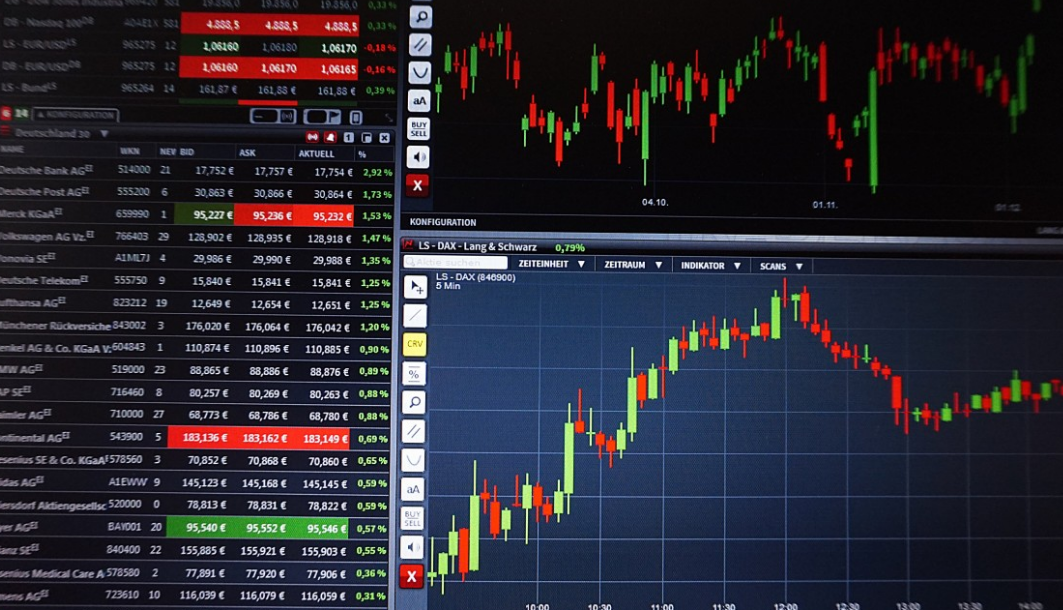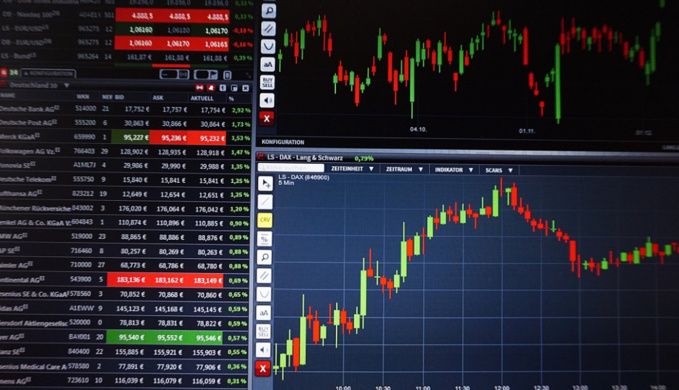“For the first time after the Second World War, a shift is taking place right in front of us, and the priority of governments (and, of course, citizens) is not the growth of the economy, but the climate and the environment. Shortage of food, clean water and air is becoming existential,” says Steen Jacobsen, chief economist and investment director at Saxo Bank. According to the bank, "it is becoming increasingly apparent that economic growth indicators cannot measure the total costs of our activities if they are not able to take into account the long-term depletion of resources and damage to the environment."
Bank analysts believe that climate-related disasters such as wildfires in Australia are mobilizing people, companies and governments to tackle climate change. At the same time, “sectors dependent on the economic cycle” will suffer more in the event of a recession. We are talking about solar and wind energy, electric transport. The production of fuel cells, bioplastics and green foods is also subject to individual risks. “Green stocks have great potential, but investors should carefully weigh their investments,” experts say.
In this regard, Peter Garnry, head of the Saxo Bank stock market strategy department, emphasizes: “The generation of millennials requires action in response to climate change, and we anticipate the emergence of great opportunities in the stock market. Governments will increase investments and subsidies in green sectors, setting a new megatrend on the stock market. We believe that as regulation tightens over the coming decade, some of these green companies may outperform the information giants and become the most expensive in the world. Investors should shift portfolio composition towards these new industries so as not to miss such long-term prospects.”
source: home.saxo
Bank analysts believe that climate-related disasters such as wildfires in Australia are mobilizing people, companies and governments to tackle climate change. At the same time, “sectors dependent on the economic cycle” will suffer more in the event of a recession. We are talking about solar and wind energy, electric transport. The production of fuel cells, bioplastics and green foods is also subject to individual risks. “Green stocks have great potential, but investors should carefully weigh their investments,” experts say.
In this regard, Peter Garnry, head of the Saxo Bank stock market strategy department, emphasizes: “The generation of millennials requires action in response to climate change, and we anticipate the emergence of great opportunities in the stock market. Governments will increase investments and subsidies in green sectors, setting a new megatrend on the stock market. We believe that as regulation tightens over the coming decade, some of these green companies may outperform the information giants and become the most expensive in the world. Investors should shift portfolio composition towards these new industries so as not to miss such long-term prospects.”
source: home.saxo



















